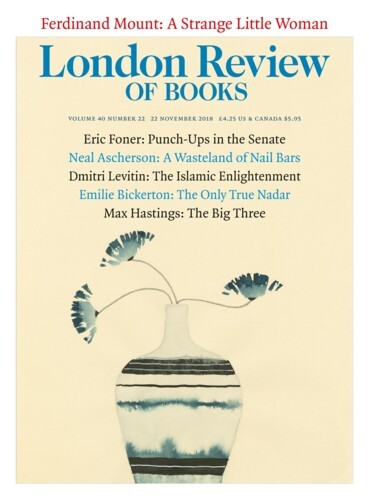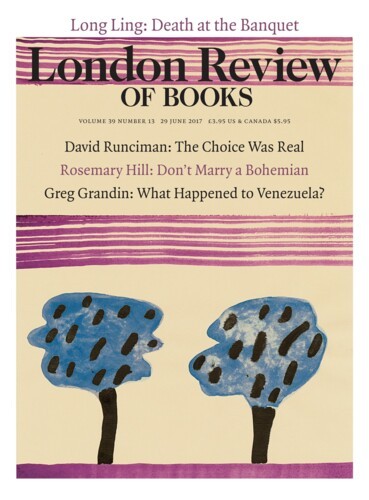In her new book Joanne Freeman shifts her attention to the three decades leading up to the Civil War. She reports that not a session passed without punches being exchanged between congressmen, and knives and pistols being drawn. The pervasiveness of violence among lawmakers will surprise even specialists in 19th-century American history. From the mid-1830s to the outbreak of war in 1861, Freeman counts more than seventy violent incidents – duels, fistfights, stabbings – in the halls of Congress and the surrounding streets. Anticipating violence, she writes, congressmen regularly ‘strapped on knives and guns’ before heading to work.
The Field of Blood: Violence in Congress and the Road to Civil War by Joanne Freeman. The pervasiveness of violence among lawmakers will surprise even specialists in 19th-century American history. From the mid-1830s to the outbreak of war in 1861, Joanne Freeman counts more than seventy violent incidents – duels, fistfights, stabbings – in the halls of Congress and the surrounding streets.





